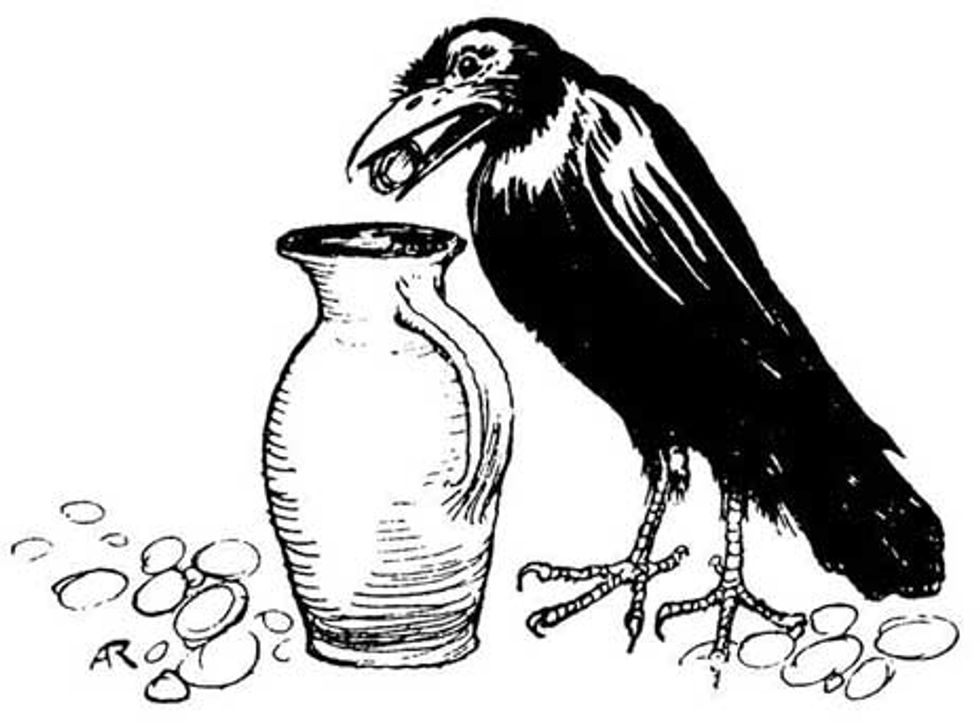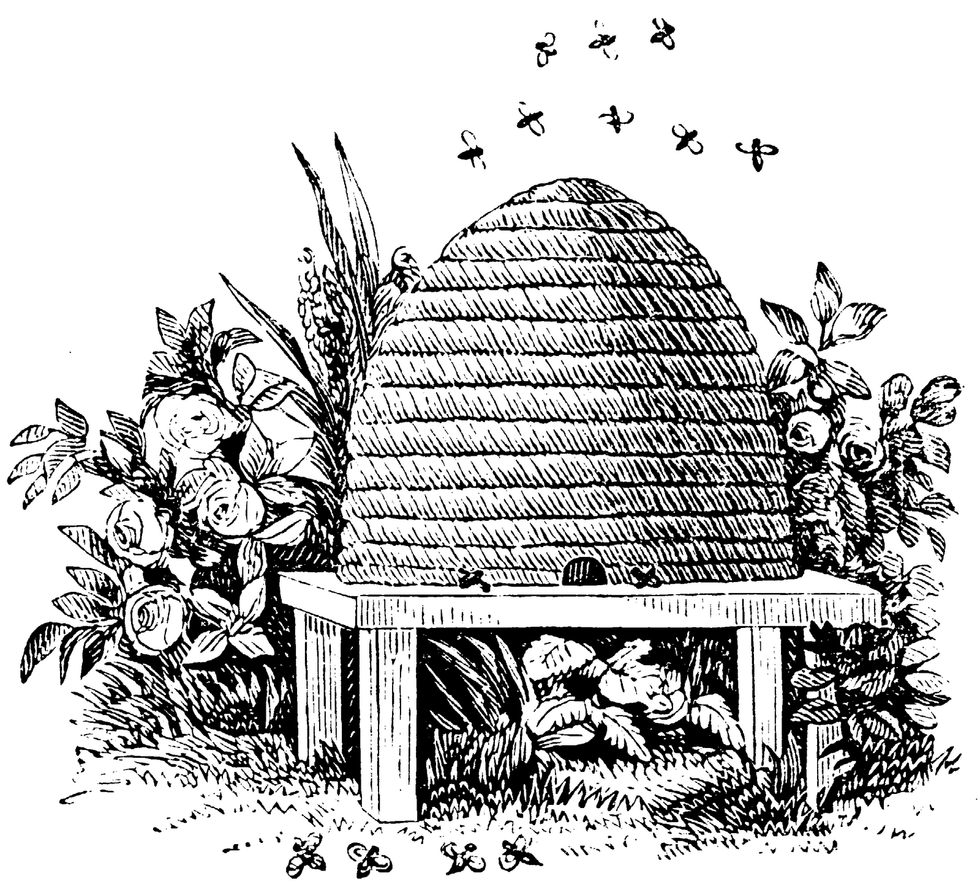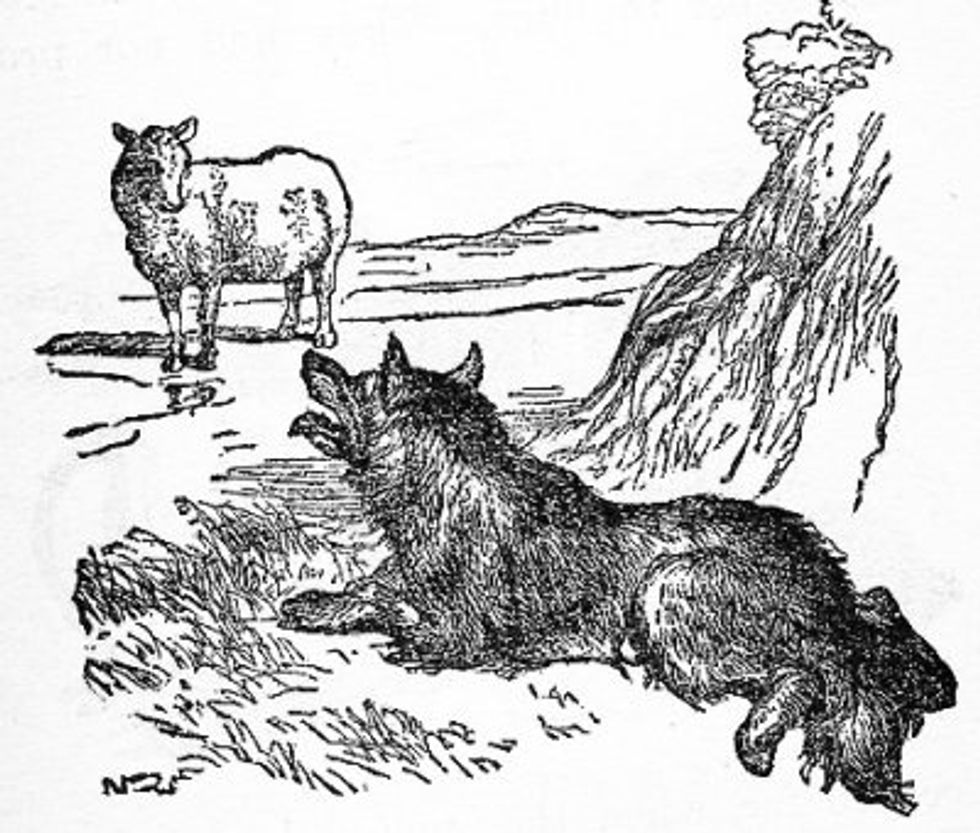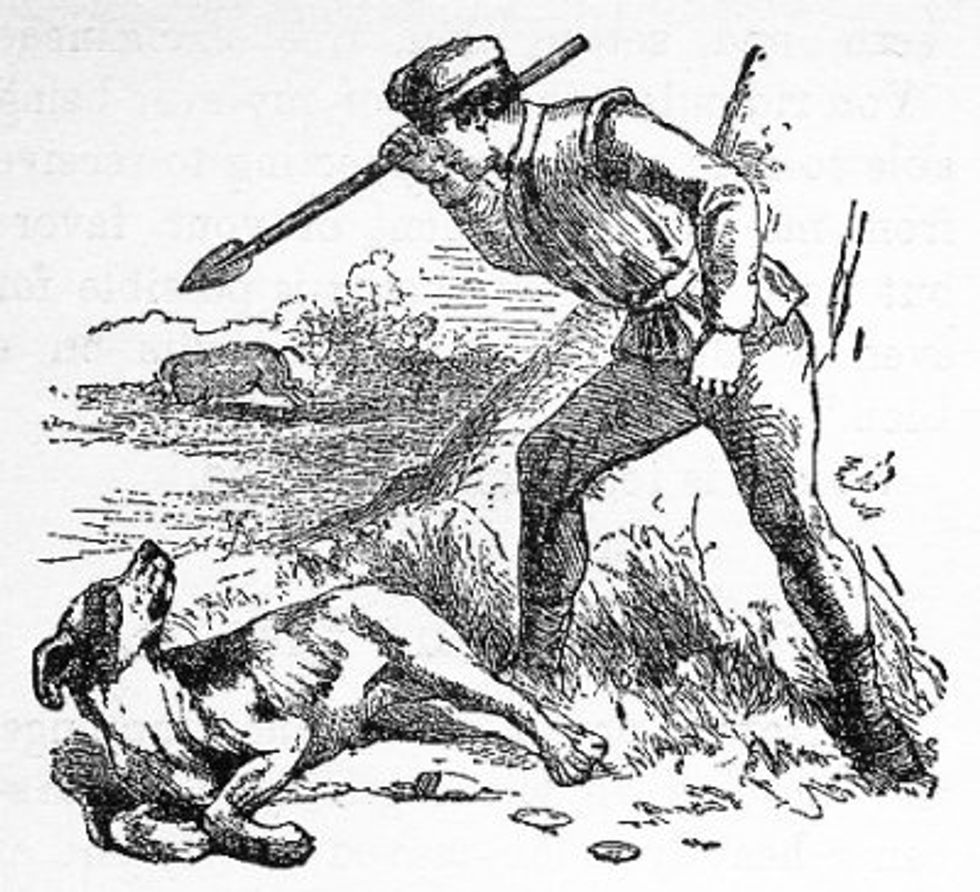On the last day of summer break, I went to Barnes and Noble. As I was looking through the B&N $5 Classics section, I found “Aesop’s Fables.” Now I had heard of this particular classic, but it wasn’t part of my childhood. This is probably because my main source of life lessons was "Veggietales," but that’s beside the point. Anyway, I often feel that because I’m a writer, I’m required to read as much of Western Canon as possible, which includes “Aesop’s Fables.” So I picked up a copy, paid the five bucks and some change, and read it all that night. What I expected to be childish stories that I never heard growing up turned out to be life lessons that I wish I learned earlier. Here are some of my favorites.
1. The Crow and The Pitcher
In case you’ve never read or even heard one of Aesop’s Fables, you should know that almost all of them have some sort of animal that is capable of speaking and acting like human beings. “The Crow and The Pitcher” is a bit different, however. As the title suggests, a thirsty crow comes across a pitcher full of water. Unfortunately, the crow’s beak cannot reach the water in the pitcher. In the face of dying from dehydration, the crow has an idea. By dropping pebbles in the pitcher, the crow is able to make the water rise to a height that its beak can reach. The moral of this particular fable is often summed up as “necessity is the mother of invention.” Which is something every college student learns when they have to pull an all-nighter to write an essay that’s due the next day.
2. The Beekeeper
One day, a thief breaks into an apiary (where honeybees and their hives are kept to collect honey) and steals all the honey while the bees are away. The beekeeper is understandably shocked and upset when he discovers this theft, to the point that all he can do is stare at the empty beehives. But when the bees return, they see the beekeeper staring at their empty hives and assume that he’s responsible for the theft of their honey. So they swarm and sting the beekeeper, while he cries out that they’re letting the real thief getting away and stinging someone who takes care of them. The moral of this fable isn’t “don’t bite the hand that feeds you” so much as “if you have to take action against someone who has wronged you, make sure that they are actually responsible for the wrongdoing.” A recent example of this took place after the white supremacist rallies in Charlottesville, when people on social media falsely identified a professor at the University of Arkansas as an attendee of the rallies.
3. The Lion and The Hare
While hunting, a lion spots a sleeping hare and prepared to pounce on it. Right before the lion pounced, however, it spots a stag, which would be a much more fulfilling meal. So the lion takes off after the stag, only to abandon the chase after realizing it could not catch the stag. But when the lion return to where it had found its initial prey, the hare was nowhere to be found. The lion then laments about not being content with what it had. There’s a lot of ways to interpret the moral of this fable, such as whether we should be content with what we have, or if we just need more realistic goals. Either way, I’m pretty sure the college equivalent of this fable is “C’s get degrees.”
4.The Wolf and The Sheep
After being bitten and chased by dogs, a wolf collapses and falls asleep. Once the wolf wakes up, it is incredibly hungry and thirsty. The wolf spots a nearby sheep, and the former asks the latter to bring it some water, as the wolf would have no trouble finding food for itself. The sheep sees through the wolf’s ploy, and responds that if it brought the wolf water, the wolf would indeed have no trouble finding food. I wouldn’t say the moral of this fable is to not help someone, so much as to be wary of helping those who will likely take advantage of you.
5. The Old Hound
A hunter and his hound are out tracking a boar. Once the hunter spots the boar, he releases the hound on it. The hound is very old, but it has helped the hunter many boars over the years. The hound latches on to the boar’s ear, but the hound has lost so many teeth due to old age that the boar easily gets away. Frustrated at this, the hunter begins to berate and beat the hound. But the hound reminds the hunter that he should appreciate all that the hound has done, not berate and beat it for what it can no longer do. You might want to remember this fable the next time you go to a retirement home.





















